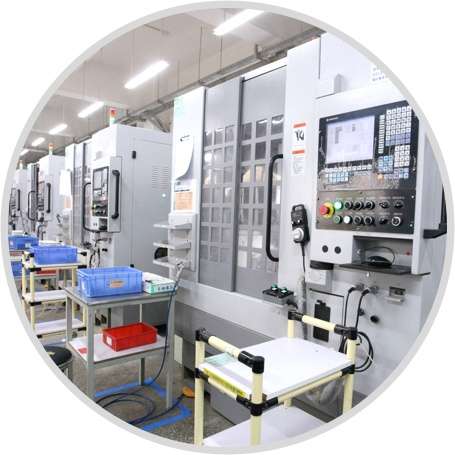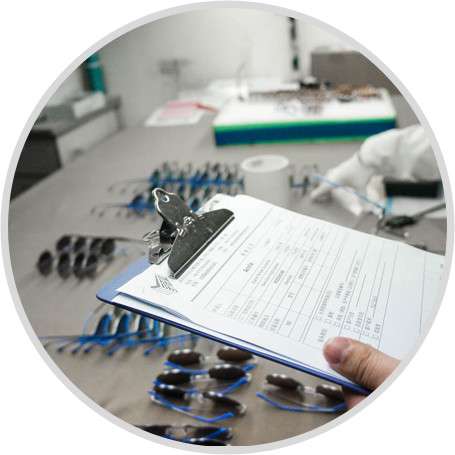
We understand that you expect suppliers to deliver products of the highest quality in the correct quantities and ship them on an agreed-upon date. You may also consider industrial laws, regulations, consumer safety, expectations and carbon neutrality for eyewear products as your production aims to offset and reduce emissions.
PEL takes the worry out of your hands with eyewear supplier auditing.
Our experience in carbon neutrality for eyewear products and supplier auditing allows you to smoothly meet and exceed international quality and environmental standards, ensuring your products are competitive and compliant.

PEL’s qualified auditors, with decades of professional knowledge and experience in dealing with eyewear supply chains, offer you holistic audit services to meet different codes of conduct, including:
PEL provides a range of services to verify eyewear's carbon footprint, including carbon emission measurements, reduction strategies, offsetting options, and sustainability consulting. The assessments are tailored to ensure the carbon neutrality initiatives align with the client’s goals and objectives. The assessments perform the verifications for carbon neutrality under ISO 14064/ISO 14067/PAS 2060 accreditation.
The ISO 14064 outlines the principles and requirements at the organisation level for the quantification and reporting of greenhouse gas (GHG) emissions and removals. With expertise in this area, PEL can help your company achieve the ISO 14064 specification.
PEL can help you quantify products' greenhouse gases and carbon footprints to fulfil the ISO 14067 standard.
Demonstrate your organisation's carbon neutrality through the internationally applicable standard, PAS 2060. Take advantage of PEL’s expertise in this area as we audit your production processes.
A QMS is conducted towards production process and quality-related activities to ensure regulation conformity and the effectiveness of its management-system targeted requirements. The audit includes factory resources, data quality monitoring from exploiting to shipment, management of suppliers, exception handling of disqualified product and clients’ complaint, file management, record control and so on; submitting audit results as decision basis for managers’ next action.
PEL conducts audits of labor rights, working conditions, environmental protection towards suppliers and others cases required in the relevant laws and regulations according to different countries’ laws and regulations as well as various other buyers’ specific codes of conduct. It includes child labor, voluntary labor, discrimination, minimum wage, working conditions, working hours, social benefits, environmental protection, health and safety, punishment measure and so on; ensuring suppliers fully to comply with social responsibility issues.
The GRS is an international, voluntary, full product standard that sets requirements for third-party certification of recycled content, chain of custody, social and environmental practices and chemical restrictions.
The GRS is intended to meet the needs of companies looking to verify the recycled content of their products (both finished and intermediate) and to verify responsible social environmental and chemical practices in their production. The objectives of the GRS are to define requirements to ensure accurate content claims and good working conditions, and that harmful environmental and chemical impacts are minimized.
The objectives of the International Sustainability and Carbon Certification (ISCC) system are to establish an international, practically viable, and transparent system for certifying biomass and bioenergy. With proper certification, ISCC can:
PEL offers a holistic consultation on GRS and ISCC. Documentation preparation and related stakeholder training service session ensure that you would get the corresponding compliance qualifications to pitch the markets.
Unit 401, Block A and Unit 401, Block B, 68 Xiaokang Road,
Dakang Community, Yuanshan Street,
Longgang District, Shenzhen, P.c. 518115
Phone: +86 0755 84264042